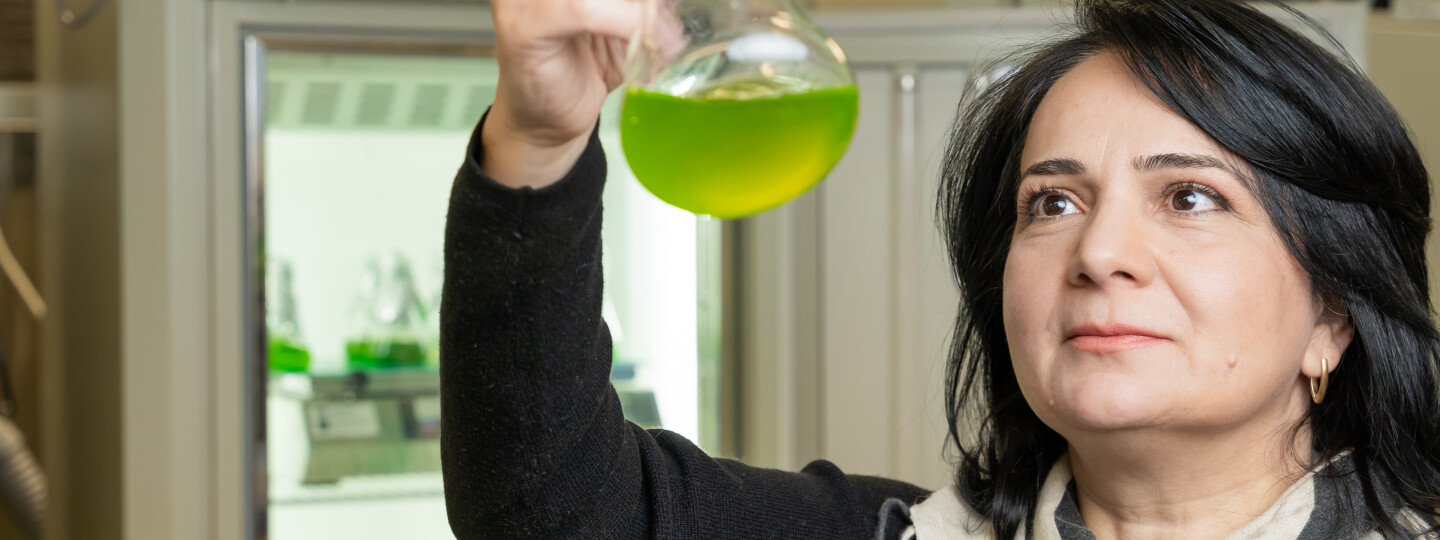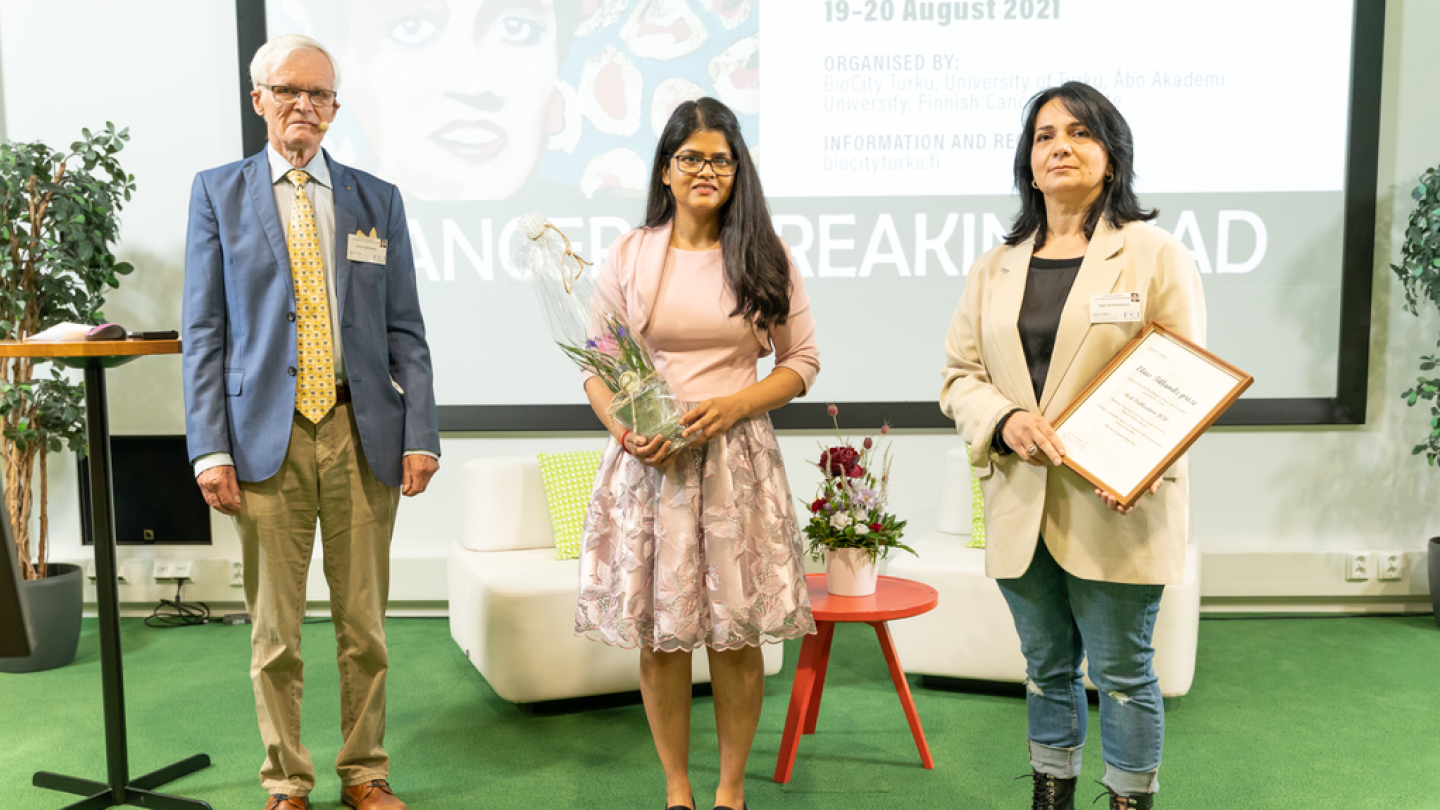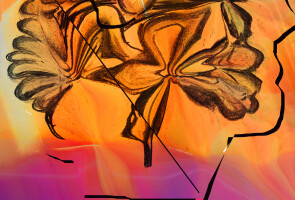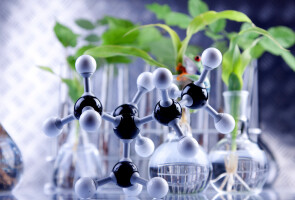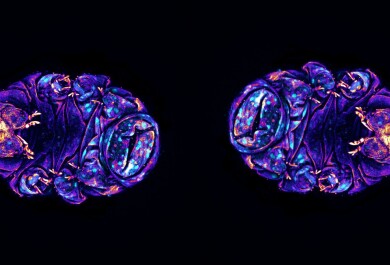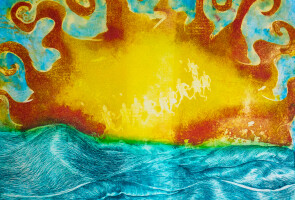This year, the Elias Tillandz prize for the best scientific paper published in 2020 in BioCity Turku was awarded to Professor Yagut Allahverdiyeva-Rinne and her research group. The prize was presented on Thursday, 19 August 2021.
The best publication prize of BioCity Turku has been named after Professor Elias Tillandz (1640–1693) who was the first empirical life scientist in Turku. Elias Tillandz has also been considered to be the father of botany in Finland as his botanical study was the first academic publication written in Turku in 1673.
The prize includes a grant, and the awarded publication has been selected by Ådo Akademi Chancellor Carl G. Gahmberg. The prize has been supported by Åbo Akademi University Foundation. The prize was awarded for the 17th time.
– I congratulate BioCity Turku for all the good articles. It was not an easy task to choose the best one. When making the decision, I put particular emphasis on the innovativeness of the research. I also found it important that the research was actually conducted in Turku. The awarded research has significant merits, and in the future, it can enable production of different types of plastics in a much more environmentally sustainable method, Gahmberg sums up.
Solid-state Cyanobacterial Cell Factories Can Sustain Solar-driven Ethylene Production for Over a Month
The great global challenges of our time, including climate change, energy security, and scarcity of natural resources, promote a transition from the linear fossil-based economy to the sustainable circular (bio)economy. Taking this step requires further development of emerging technologies for manufacturing green fuels and chemicals from renewable sources.
Ethylene is the main building block in the production of plastics, fibres, and other organic materials with an annual global demand of approximately 185 million metric tons by 2022. The research group from the University of Turku led by Professor Yagut Allahverdiyeva-Rinne has designed a thin-layer artificial biofilm with embedded cyanobacterial cell factories for photosynthetic production of “green” ethylene.
– In our research, we employed previously constructed genetically engineered cyanobacterium that holds the foreign ethylene-forming enzyme (EFE) acquired from plant pathogen. The presence of EFE enzyme in photosynthetic cyanobacterial cells enables them to produce ethylene using solar energy and CO2 from air. Although there are several proof-of-concept studies for green photoproduction of ethylene, these engineered cyanobacteria could produce ethylene only for a few days, says Allahverdiyeva-Rinne.
– The thin-layer artificial biofilms fabricated in our group have sustained ‘green’ ethylene production from light and CO2 for up to 40 days, she continues.
This research opens up new possibilities for the further development of efficient solid-state photosynthetic cell factories for ethylene production and scaling up the process to industrial level.
The work has been conducted in the research group of Yagut Allahverdiyeva-Rinne, at the University of Turku, Department of Life Technologies. The project is part of the NordAqua Nordic Centre of Excellence funded by NordForsk, and the research article was published in the scientific journal Green Chemistry.
